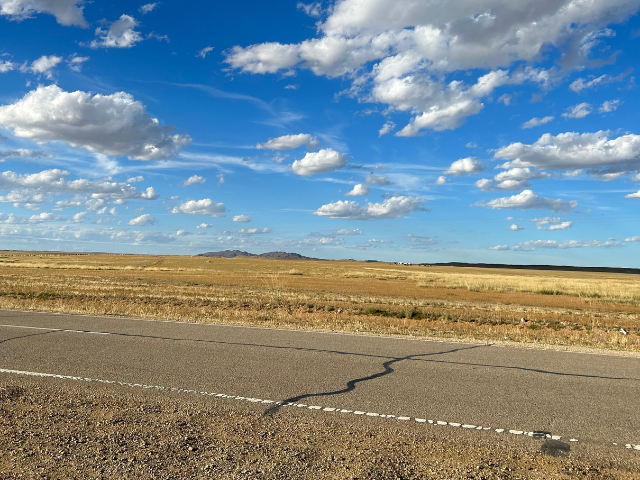June 3rd to 7th, 2024 – 9:30 am to 12:30 pm (Mon.-Fri.)
Full week rate: $85
Drop-in class rate: $25 (available one month prior)
Language of instruction: Frenglish
Questions can also be asked in Frenglish
Open to all art workers interested in dramaturgical practices, either as artists or dramaturgical companions to artistic processes, who are willing to share their experiences and practices and learn from others. I especially invite colleagues with a lived experience of marginalization(s)/vulnerabilization(s) within dominant (racial, colonial, patriarchal, ableist, heteronormative…) structures.
The mask could be mandatory for some activities as an accessibility measure for our teachers or participants. For more information, click here.
CONTENT
“Minor Dramaturgies” consists of five encounters revolving around practices of creation and connection based on the knowledge of resilient bodies. It serves as a platform for colleagues, collaborators, and comrades to exchange dramaturgy and dramaturgical practices from a loving and critical perspective. The sessions are meant to create a space for mutual empowerment, providing an opportunity to explore dramaturgical practices from minor and marginalized/vulnerabilized perspectives and positioning.
This workshop intends to offer counter-narratives to the institutional understanding of dramaturgy. Dramaturgy often revolves around the realization or adaptation of textual material, maintaining established power structures, and viewing habits, which shape ways of perceiving, in terms of aesthetics and ethics. Instead, I see dramaturgy as a tool for transformative practice, emphasizing the communal nature of artistic work and enabling collective engagement in shaping its direction.
Based on Deleuze and Guattari’s work on Kafka’s literature, I imagine dramaturgical practice from minoritarian perspectives as “minor dramaturgies”. In my view, they possess the potential to challenge power dynamics, offer critical perspectives on hegemony and colonization, and serve as a form of resistance against assumed majorities and dominant structures.
I ponder on the possibilities of storytelling and movement patterns that diverge from conventional arcs of suspense, incorporating hybrid forms and unfamiliar roles. Strategies of refusal, subversion, and community-building become essential for minorized bodies, alongside practices of care, solidarity, and reflection on political conditions.
For me, an examination of dramaturgies always means examining the history inscribed in the bodies of the societies telling the story. We don’t make theatre or dance detached from historical entanglements and interweaving.
ACCESSIBILITY
There will be optional embodied exercises as well as verbal input, individual work, and group conversations. You are welcome to wear clothes which you feel comfortable moving in. There will be breaks and the workshop will take place in a relaxed atmosphere, where you can decide what you need in the space while respecting the needs of the other participants.
I will talk about my dramaturgical practice as a critical companion for and with choreographers, theatre makers, and contemporary circus artists and invite some of my colleagues to share their views and perspectives through video, audio, and text. We will collect a shared library of texts, video, audio, and images that can be used afterwards.
You can (but don’t have to) bring a pen and paper, your laptop, your favourite tool for thinking and imagining.
BIOGRAPHY
Melmun Bajarchuu works at the intersections of art, theory, and politics as a thinker and discourse partner, and takes on a variety of roles within collaborative artistic processes, such as critical companion, curator, and creative production manager. She is driven by a desire for a variety of artistic forms of expression, as well as to question existing structures and their accompanying power relationships and mechanisms for exclusion. She has a special interest in the interweaving of theories and practices within the context of poststructuralist, post- and decolonial as well as queer feminist perspectives.
Likewise, she is currently researching practices in performance and curation that consider historical entanglements and break the binary of minority and majority, as well as artistic expressions that centre the self-narratives of minoritized groups, especially from post*migrant and multiply marginalized perspectives. Melmun is based in Berlin, Germany.

